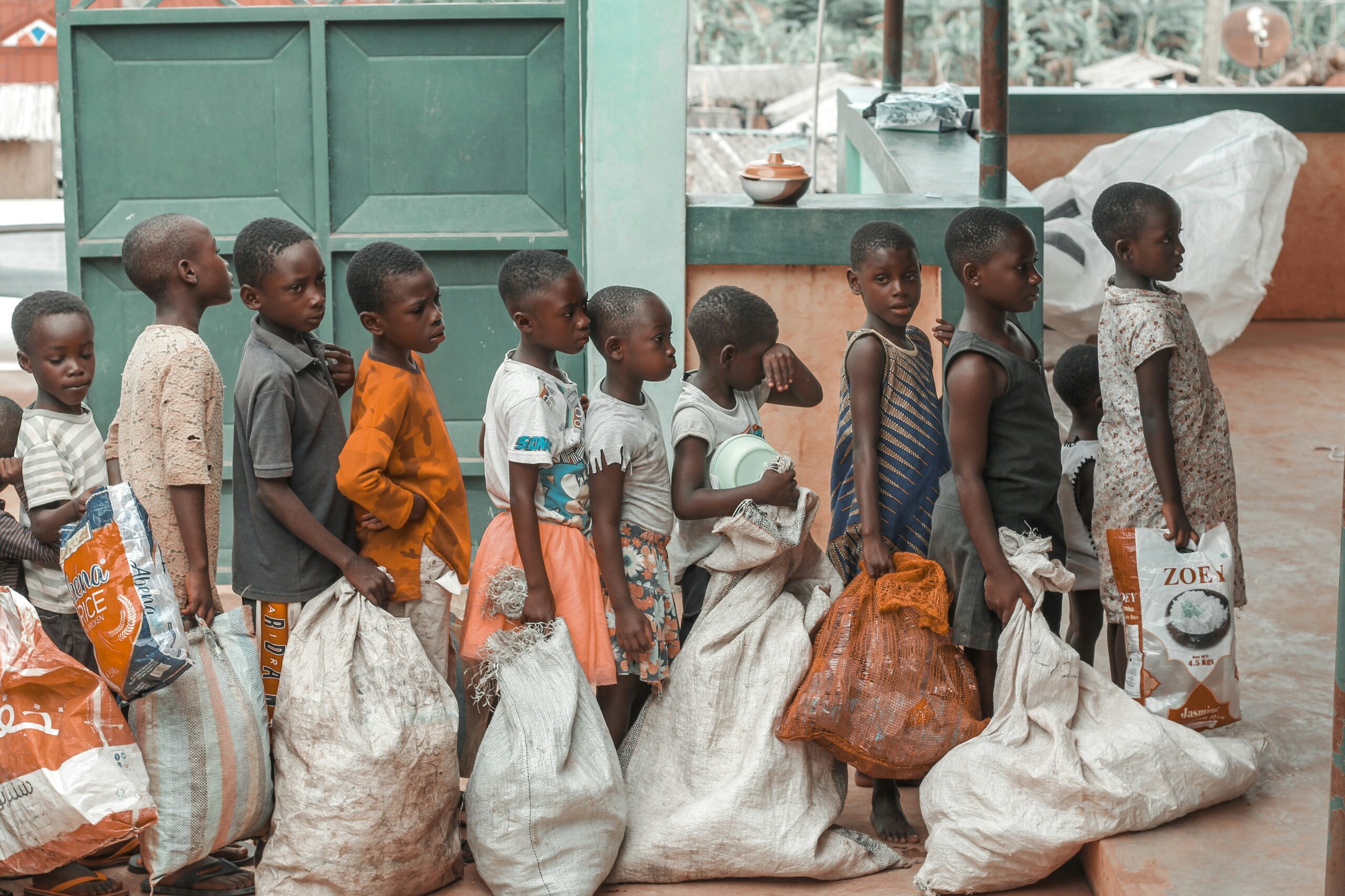
For most people, personal hygiene is simply a matter of walking into their bathroom and engaging in “washing up” and getting clean. The basic act of staying clean is something that people often take for granted in terms of feeling human and being healthy, and requires great resourcefulness for those experiencing homelessness. For people who live on the streets, maintaining proper hygiene and a sense of dignity is a time-consuming and dangerous endeavor.
Personal hygiene encompasses all of the daily routines that help keep your body clean. This includes regular healthy habits of brushing your teeth, washing your hair, washing your hands, cleaning your body with soap and water, wearing deodorant, and keeping your clothing clean. When people don’t have access to these products, certain consequences may develop ranging from social problems to serious diseases.
Proper hygiene and health are intimately interwoven, and poor hygiene is an inevitable result of homelessness. As compared with people who have homes, homeless persons are more likely to have dermatological problems, functional limitation, seizures, obstructive pulmonary disease, foot pain, and decayed teeth. Additionally, people who spend most of their time outside are at high risk for immersion foot, cuts leading to infection, and hypothermia during the cold and rainy periods. The risk of death is increased eightfold in people who experience these conditions.
Cellulitisis a common, potentially serious bacterial skin infection. Left untreated, the spreading infection can rapidly turn life-threatening. Cellulitis occurs when bacteria, most commonly streptococcus and staphylococcus, enter through a cut or break in your skin, however cellulitis is completely preventable with access to proper lotions.
Bacteria, Viruses, and Parasites are the primary inhabitants related to poor hygiene and they are the ones that cause deadly infectious diseases. These deadly germs use the human body as a host for reproduction and multiplying in no time thereby forcing the body succumb to their act. Maintaining good hygiene is the best way to protect from parasites, viruses, and bacteria.
Diarrhea is the most important public health problem directly related to sanitation. The simple act of washing hands with soap and water can cut diarrheal disease by one-third. Diarrhea causes a person to lose both water and electrolytes, which leads to dehydration and, in some cases, to death.
© Copyright 2024 Guardians of Hope Charity. Website Designed by Bakhtawar Gull
700 euclid ave
Elmira NY 14901